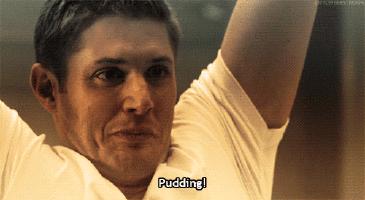4 hours ago, BigKahuna said:Yeah, I think your missing the point here.
The main difference between a purely narrative game and a crunchy one is that in a crunchy one you can ignore the rules at any time and go narrative, in a narrative system there are no rules when you want to go crunchy. One has options, the other has none.
This argument that a crunchy system is not narrative is pretty ridiculous.
Adding rules to an RPG is not optional, its a requirement for it to qualify for it actually being an RPG. Having rules, is not some sort of obsticale to role-playing, but not having rules IS an obsticale to it being a game. RPG's are both, a role-playing experiance and a game.
Ehhh... I mean lets look at pathfinder, probably the crunchiest game I know, and also one of the worst designed. While there is a lot there to play with, your just lying to your players if you try to drop the rules and pretend the fighter is even useful to have in the same party as the wizard or druid after a few levels. But in A FATE powered game you can legitimately play green arrow having the same narrative weight as superman.
One of big hopes for this new edition, actually. A sharp turn down of monk and shugenja power levels, or a sharp turn up in bushi and courtier power.
I like crunchy systems, but only if certain options are not intentionally hobbled compared to others.
